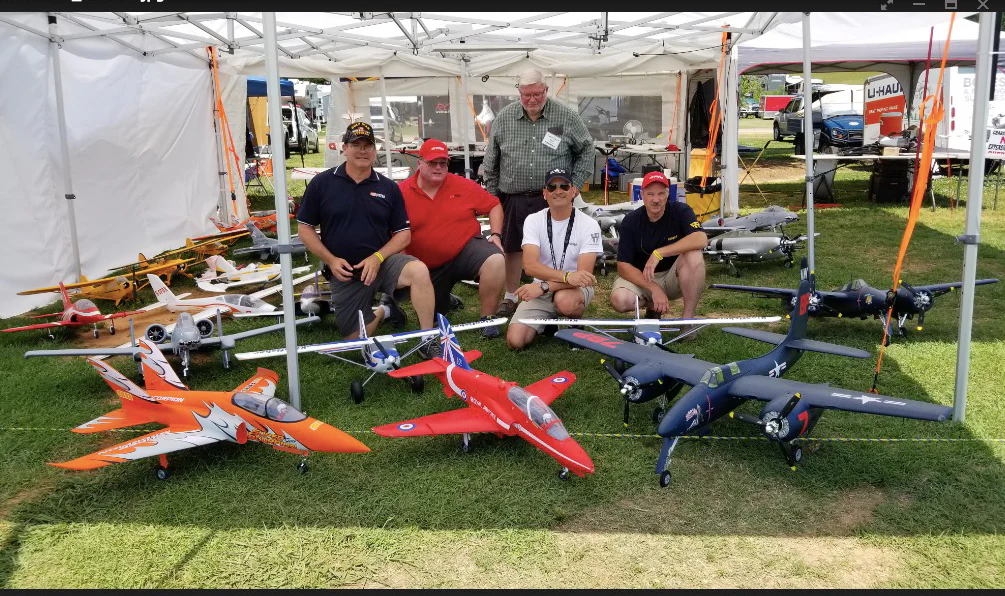Remote-controlled (RC) airplanes have captivated hobbyists and aviation enthusiasts alike. Whether you are a novice or someone looking to refine your skills, understanding the fundamentals of RC air planes is essential. This guide will provide you with valuable insights, tips, and essential gear to help you soar through your RC flying journey.

Understanding RC Airplanes
RC air planes come in various shapes and sizes, each designed for different flying styles and skill levels. From gliders to aerobatic planes, the diversity in design allows for a unique flying experience. But what makes these models so appealing? The thrill of piloting an aircraft, even if it’s miniature, offers a sense of freedom and adventure that many find irresistible.
Types of RC Airplanes
- Gliders: Ideal for beginners, these planes are designed for smooth, long flights.
- Trainer Planes: Equipped with stable flight characteristics, they are perfect for learning.
- Aerobatic Planes: Designed for advanced pilots, these planes perform complex maneuvers.
- Scale Models: These replicas of real aircraft are popular among enthusiasts who appreciate realism.
Essential Gear for RC Airplanes
To get started with RC air planes, you will need some essential gear. Investing in quality equipment can significantly enhance your flying experience. Here’s a list of must-have items:
- Transmitter: This is your control system, allowing you to maneuver your plane.
- Receiver: Installed in the airplane, it receives signals from the transmitter.
- Battery: A reliable power source is crucial for extended flying sessions.
- Charger: Ensure you have a compatible charger for your battery type.
- Flight Simulator: Practicing on a simulator can help you develop your skills before taking to the skies.
Tips for Beginners
As a beginner, you may feel overwhelmed by the vast array of options available in the world of RC air planes. Here are some tips to help you navigate your journey:
- Start with a trainer plane to build your confidence.
- Join a local RC club to connect with experienced pilots.
- Practice regularly to improve your flying skills.
- Always check your equipment before flying to ensure safety.
Conclusion
In conclusion, the world of RC air planes offers endless opportunities for fun and learning. By understanding the different types of planes, investing in essential gear, and following practical tips, you can embark on a rewarding journey in the realm of remote-controlled aviation. So, are you ready to take to the skies? The adventure awaits!








